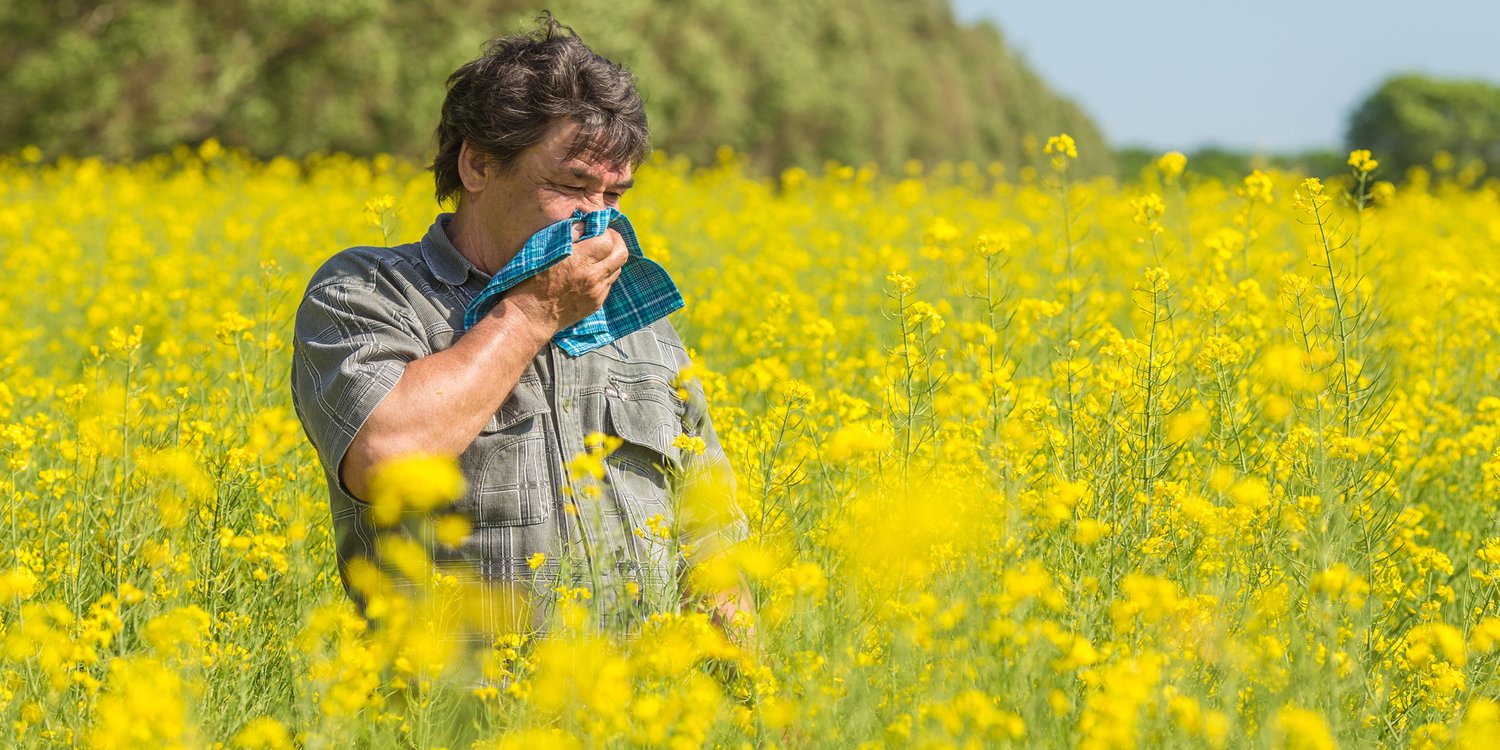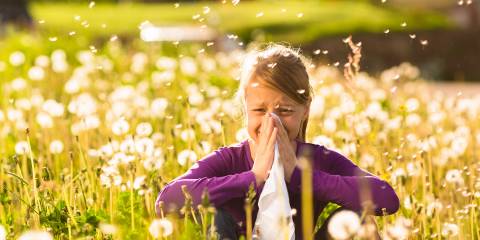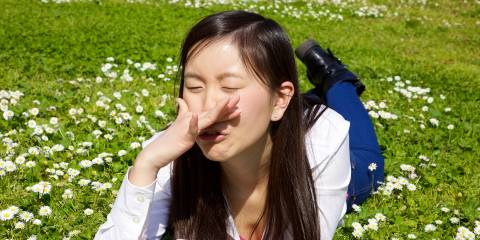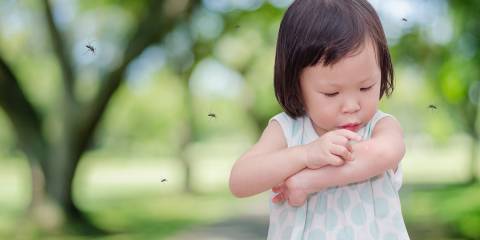Late summer marks the start of ragweed season. If you’re among the one in five people who suffer from allergic rhinitis (aka hay fever), it’s time to get schooled in natural solutions. They’ll reduce your sneezing and help alleviate sinus pressure, runny nose, and congestion.
Soothing Sprays for Late Summer Allergies
Moistening the nasal passages with sprays or washes can provide relief. Saline sprays or xylitol sprays help to liquefy secretions, eliminating buildup. They’ll also reduce inflammation, decrease postnasal drip, and flush mucus and allergens from your nose. A neti pot can bring about the same effects.
Herbal Relief for Hay Fever
Extracts of the herbs stinging nettle and butterbur can bring relief of symptoms. Butterbur works as an antihistamine. Research has shown that this herb can be as effective as pharmaceutical antihistamines to combat hay fever. The Mayo Clinic advises that shoppers look for butterbur products labeled “PA-free” to ensure that they contain no potentially toxic substances.
Other herbal remedies for seasonal allergies include astragalus, goldenseal, Pycnogenol, and bromelain. And ingesting locally produced honey can be effective too.
Probiotics for Allergies
Taking probiotics before allergy season may reduce suffering as well. Adults who received a probiotic-rich fermented milk product prior to exposure to grass pollen exposure showed significantly fewer allergy symptoms. And children with documented allergies to birch pollen had fewer runny noses and less nasal blocking after taking probiotics for four months prior to birch pollen season.
Boost Immunity with Food
Certain fruits and vegetables will boost your immune system and trigger allergy-easing processes in your body.
Be sure to eat plenty of broccoli, citrus fruits, onions, garlic, and leafy greens like kale and collards.
And consider avoiding (or at least reducing) alcohol, caffeine, food preservatives, dairy, refined sugar, soda, egg yolks, and trans fats.




